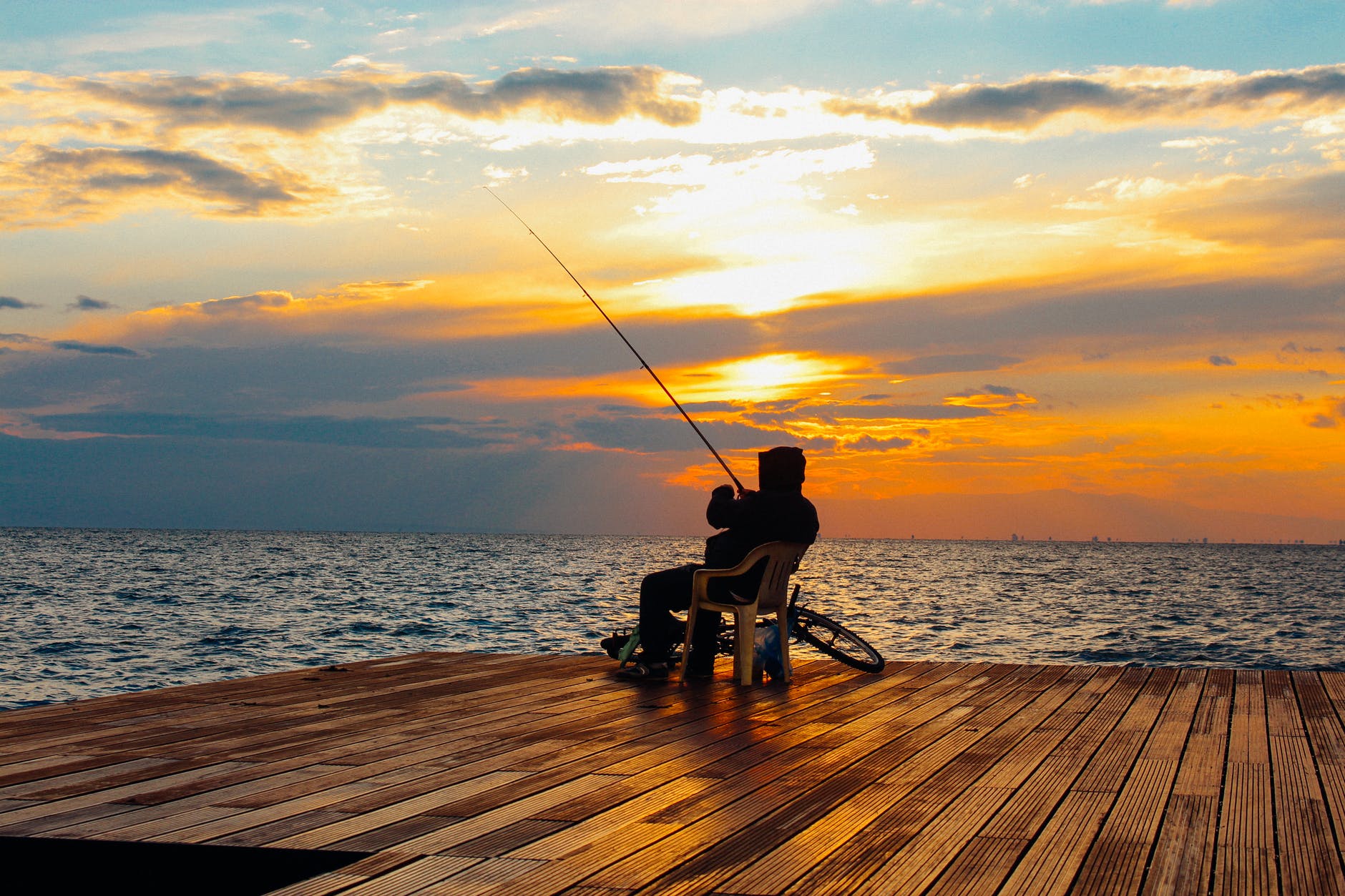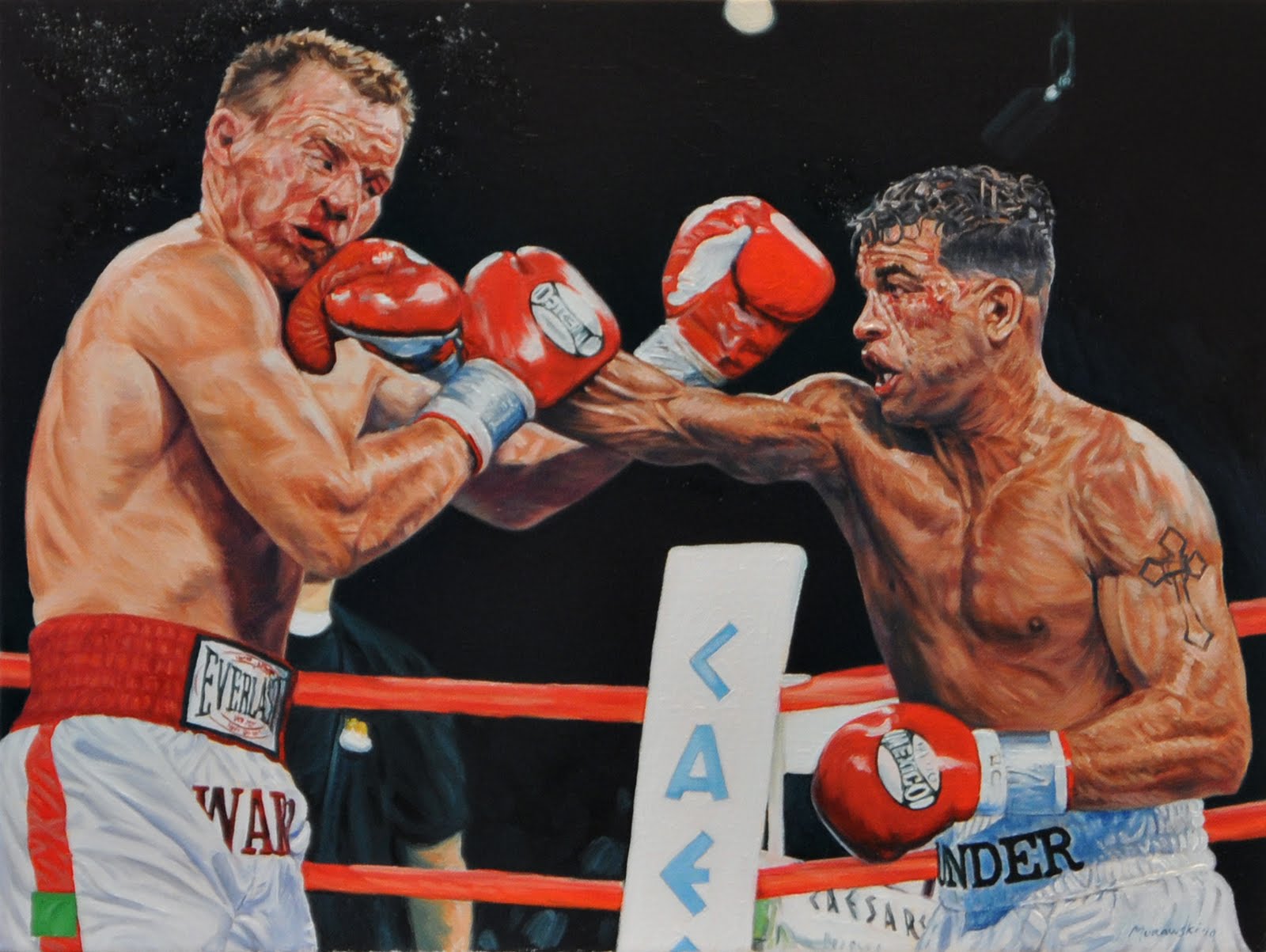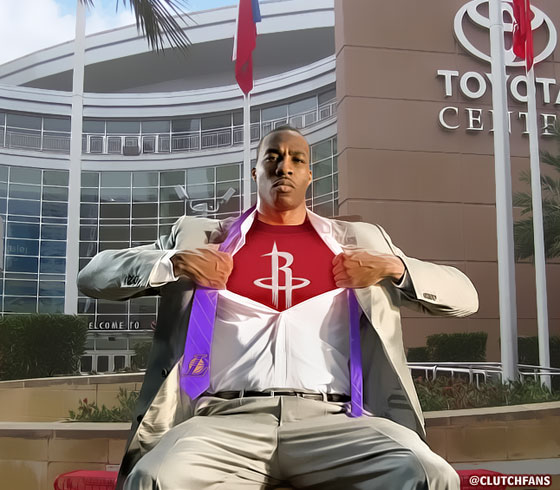There’s an old joke told among fishermen that there’s a lot more to fishing than catching fish. And fortunately, that’s true. It also takes a lot more to be a fisherman than baiting hooks and a lot of other technicalities. But, nobody can truly enjoy a lot of things, fishing among them, if they don’t have goals for themselves.
Having fishing goals might sound a little silly to many people. After all, it’s not like having the goal of being a top salesperson or buying a new sports car. In another way, there’s really little difference since everyone has their own definition of the word fulfillment, and if your idea of fulfillment is catching more fish, so be it. Regardless, this article is designed for you if you haven’t been able to reach your fishing goals. Your equipment can be found over at Custom Jigs & Spins.
Pick the Right Times to Fish
Anyone who greets the morning sunlight by rolling over and pulling the blankets over their head will miss out on some of the best times to fish. If your catches have been disappointing lately, you might want to consider changing the time of day you greet the water. Certain fish, like bass, are more inclined to chase a lure when it’s cooler and the sun is low at either dawn or dusk. Trout, by contrast, like warmer weather when mosquitoes and other bugs are active on the surface.
Become a Fishing Student
Fishing is a sport that is best learned from other fishermen—their successes as well as their failures. As a result, it is a good idea to absorb as many fishing magazines as you can. Also, get in where other more experienced fishermen are talking to get the latest on what they are doing and how they are doing it.
Fish Where Others Aren’t Fishing
The problem of fishing in areas that have been overfished is very common. It’s for this reason that it’s a good idea to find other places that aren’t so busy. This also comes under the heading of being a student of fishing, but when you learn about less-visited places for fishing, your efforts will be well rewarded. Don’t expect different results when you keep going to the same place to fish.
Reel Them in Slowly
Many beginning fishermen make the mistake of reeling fish in fast when they feel a bite. An experienced fisherman knows that this tendency only gives a fish the opportunity to break from the line. When you feel a bite, don’t let the line go slack, but reel in slowly and steadily.
Practice
Casting is a lost art. That’s why it is so important to take the hook off your line every day and practice casting. This doesn’t even require that you be near water. Practice in your yard or in the local park. You might get a lot of funny looks, but the mastery you will attain will be worth it.
Rehearse
So, there’s a fish on your line. What will you do? That’s not intended as a rhetorical question. Before you ever get near a fish, plan what you will do when a fish is hooked, how you will reel it in, and what it will take to land it. As the Boy Scout motto says, “Be Prepared.”
Use a Colorful Line
Mention that piece of advice to many fishermen and chances are good they will laugh, but it’s true. Most fishermen think the color of their line doesn’t mean a thing, but the truth is that casting is all about accuracy, and see where the line has gone is much more difficult if you can’t tell the line from the water. Using a line that is colorful and bright will help you to determine if it has hit the mark you intended.
Keep a Fishing Journal
This might be another point that would come under the heading of being a student of fishing, but the rewards you will earn for it will pay tremendous dividends. Keep a current list of your fishing goals and try to keep as detailed a record of what you do to reach those goals. This will go a long way toward reaching them.
Bonus Tip: Keep a Positive Attitude
Nobody ever attained any goal without thinking they were capable of achieving it. This goes for fishing as well as for life. If you think you will become a better fisherman, you will. It’s that easy.








Show Comments (0)